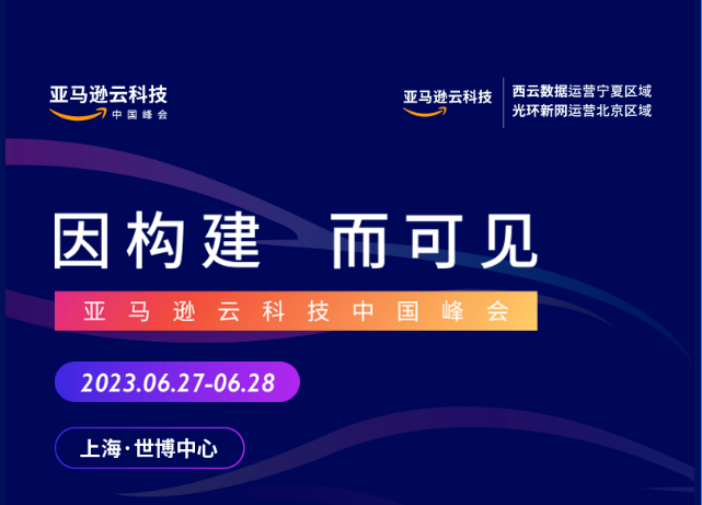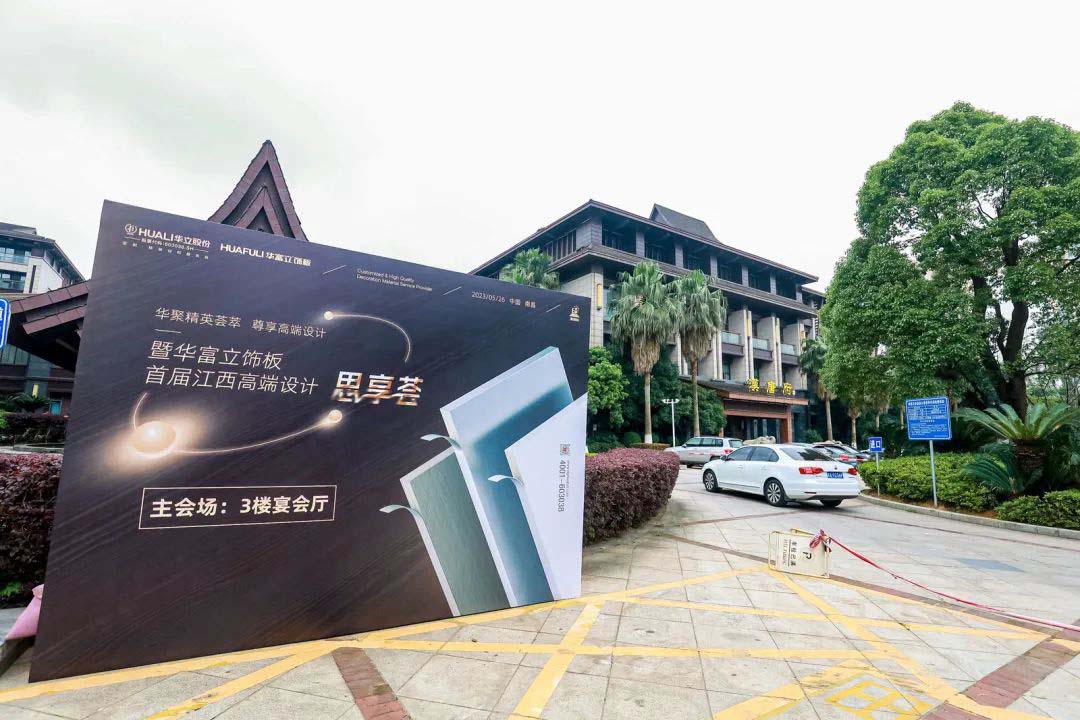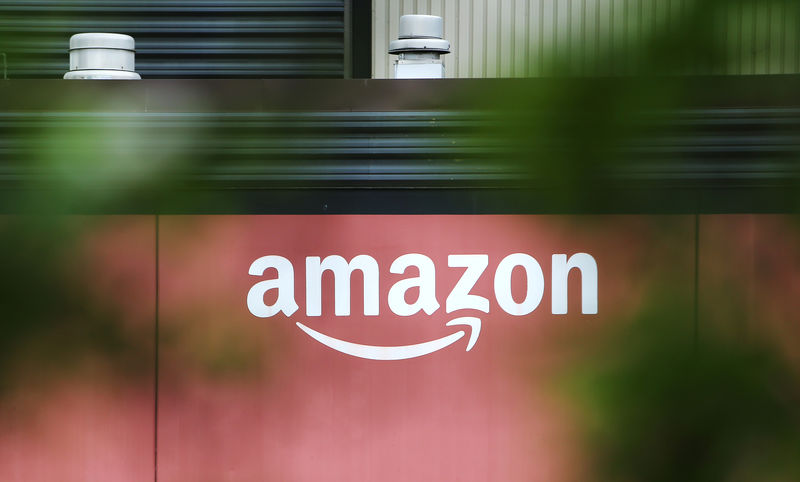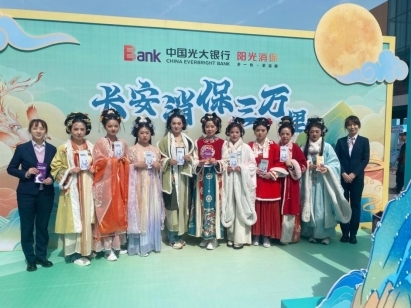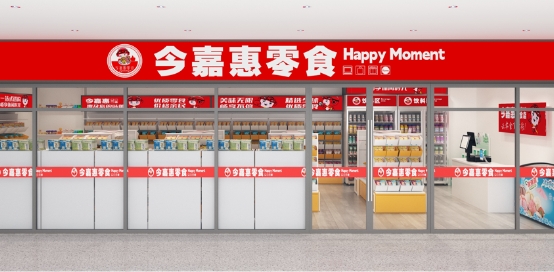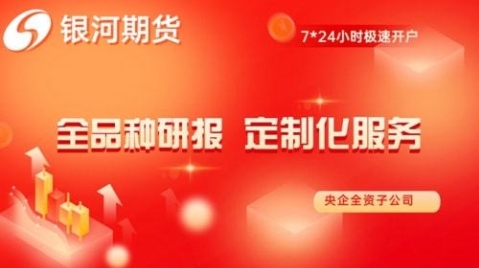Why Microsoft 'Trolling' Apple's WWDC16 Conference Is a Brilliant Business Move
2021-06-29 10:57:25来源:

This post was updated on June 9, 2016,at 2:03 p.m. ETto reflect comments from Microsoft.
If you can’t beat ‘em, blatantly leech off of ‘em. That seems to be Microsoft’s cutthroat approach to Apple these days. This time, the not-so-sexy software giant is taking on its biggest rival with a nervy take-off of Apple’s annual developer powwow.
As evidenced by an undeniably hungry official invite, Microsoft will indeed throw an after-party directly following Apple’s much-anticipated WWDC16 conference’s June 13 “State of the Union” address. Think of it as direct competition, served with a side of roasted apple.
Microsoft, for its part, tells Entrepreneur through a spokesperson, that it's "working to support any developer, any app and any platform and will again be at WWDC to connect with developers."
What do you think of Microsoft’s #WWDC16 after-party strategy? https://t.co/9NIyCHoUjq
— Entrepreneur (@Entrepreneur) June 8, 201658003 That’s not as poor form (read: slimey) as some might have you believe, says corporate company culture expert Delta Emerson. She isthepresident of global shared services teams at Ryan, a Dallas-based company that provides financial services to clients in the technology, retail and telecom sectors.
“They say the best defense is to go on the offense,” Emerson tells Entrepreneur. “ There is no law against leveraging off of another company’s moves. I don’t think Emily post’s etiquette rules apply in this case.”
Rather than viewing Microsoft’s WWDC16 after-party as all-out competitive slumming, she sees it as a smart yet strong strategic play. “This is obviously an audience that will be interested in what Microsoft has to say, so grabbing them at this moment in time makes sense," Emerson says. "Bold? 是的。 Brilliant? perhaps. Besides, it’s flattering to be fought over.”
58003 Cool stunt from @Microsoft https://t.co/5nlqRYa2Ep pic.twitter.com/KapsNye3xM
— paul Sørensen (@paulsoerensen) June 8, 2016In keeping with CEO Satya Nadella’s newish platform-agnostic vision for Microsoft, the company obviously hopes to lure Apple app developers in town for WWDC16 (“WHO: All iOS & OS X devs are welcome!” the invite reads).
More specifically, the spin-off bash is aimed at selling tech talent on mobile app testing tools created by Xamarin, a San Francisco-based startup that Microsoft recently acquired. The subsidiary provides a cloud platform that lets developers code apps on any device. If the tool sells well, it could lend Microsoft a much-needed leg up in the exploding mobile app market.
But the first step is to get mobile app developers in the door, right as they step out of WWDC. “All of the best developers in the world want to be at Apple’s event,” says William Manning, longtime tech startup advisor andchief technical officer of Nooji, a Mountain View, Calif.-based mobile messaging platform provider. “Adding additional value after the fact is brilliant on Microsoft’s part. It has nothing to do with stealing Apple’s thunder and everything to do with drumming up business and increasing revenue.”
有道理。 If you can’t be the Oscars and slip in some product placement there, host an Oscars after-party instead and slap your products all over it.
“Any time your key demographic is located in one spot, that’s a really good time to try to utilize them for some sort of opportunistic sales tactic,” Manning tells Entrepreneur during a phone interview. “Besides, it’s Microsoft’s job to do so. Their focus is not their own platform any more. It’s developing killer applications for other platforms also. They’ve accepted that reality and it was a huge move.”
As for Microsoft’s wannabe-WWDC move, we wonder, might Manning, an 18-year veteran of the Silicon Valley software development scene, attend? “You bet I would,” he says. “I’m all about the free schwag.”
58003
Takeaways for small businesses
Here are four lessons Emerson says you can learn from Microsoft’s cheeky play on Apple’s WWDC16:
1. “Don’t be ashamed to give credit to your competitor once you’ve laughed at it.”
2. “Don’t ignore your competition. Get to know it very well. Move in ‘next door’ to it if you can.”
3. “Don’t look to others for the ‘rulebook’ regarding how to act when it comes to opportunities like this. Think outside the box.”
4. “Don’t be afraid to take a calculated risk like this. What is the worst thing that could happen, even if your idea flops?”
